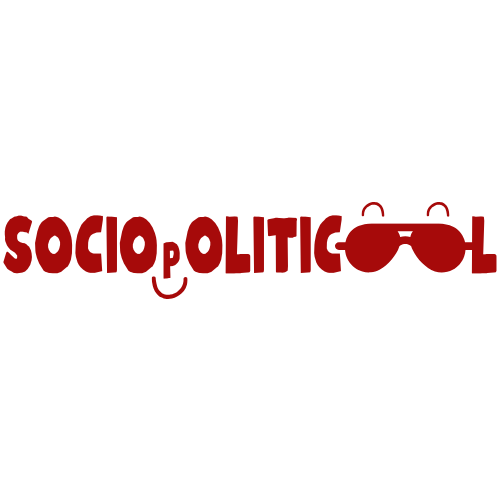You are told that if you work hard, you will become successful. But some of the hardest-working people I see are in the working class.
Sure, there are many cases where a 90-hour workweek truly does pay off, but there are also many cases where it doesn’t.
A 90-hour work week is possible, but it leads to burnout, health problems, reduced productivity, and strained relationships.
Not everyone starts on the same playing field and has access to the same opportunities, so success is not guaranteed just by working hard.
This article looks at both sides of the argument because it depends: Why hard work sometimes pays off, and why it sometimes doesn’t.
Why Hard Work Pays Off
Putting in the effort and sticking with it may lead to results and opportunities you might never get by just coasting along.
Below are reasons why hard work pays off.

Consistent Effort Builds Expertise
You may be born with natural talent, but hard work determines how far it can actually take you. Expertise requires effort!
Employers Notice Dedicated Workers
If you consistently deliver results and are committed to what you do, you are more likely to be trusted with important projects or positions.
Unless you are working at a bad company!
Not every employer is fair. Bad ones may overload you with work and may even blame you when things go wrong. Avoid them.
You Become Disciplined and Persistent
When you put effort into something regularly, you build discipline. You will learn to do the work even when you don’t feel like it.
Discipline is hard because it requires resisting immediate comfort or desire in favor of long-term goals.
This is a trait that unsuccessful people lack. They are distracted and struggle with consistency, so they don’t follow through on their goals.
Working Hard Brings a Sense of Pride
Working hard can bring a deep sense of pride because you know the results came from your own effort and not just luck.
This boosts confidence and self-worth, which motivates you to do more.
Why Hard Work Doesn’t Pay Off
Sometimes, no matter how hard you work, things don’t go your way. Luck, timing, and circumstances can get in the way despite your best efforts.
Hard work may not pay off for these reasons.

Social Class, Race, and Gender Can Limit Rewards
Sometimes, no matter how hard you work, poverty, discrimination, or lack of access to resources make success harder to reach.
Effort alone is not enough. Society has systems that can limit how far hard work takes you, which you have little to no control over.
Success Sometimes Depends on Luck
Hard work increases your chances of success, but luck plays a role, too. You may need to be in the right place at the right time.
Think of this: If you have a great business idea, but the economy is bad, you will fail no matter what you do because it isn’t the right time.
This is why some people work tirelessly for years but still struggle, while others achieve quick success with less effort.
“Who You Know” Sometimes Matters More Than Effort
Networking seems superficial, self-serving, fake, or “using people” for personal gain, so it has a bad reputation.
Other shortcuts to success at work include favoritism, cronyism, and office politics alongside nepotism.
But it can open doors that hard work alone might not. Many people have benefited from it, and they want you to benefit, too.
Non-stop Hard Work Can Harm Health
You may push yourself with long hours, little sleep, and no balance in your life, thinking that hard work will eventually pay off.
However, this often backfires. Health problems develop when you overwork, and some are bad enough to require hospitalization.
You don’t want to be bedridden or dead once it pays off.
Some Employers Undervalue Workers Regardless of Effort
Unfortunately, some employers may take advantage of you by giving you more tasks without increasing pay or recognition.
This can leave you feeling unappreciated and exhausted, and then it will negatively affect other aspects of your life.

Each Person Defines and Measures Success in Their Own Way
Some see success as earning a lot of money, while others see it as having a happy family, good health, or freedom, even if they don’t earn a lot of money.
So, whether hard work pays off depends on what someone values.
Back then, I thought that success was about being better than everyone in all aspects of life, especially wealth and career.
But I met people who had the same mindset as I had, and they were exploitative and abusive; I was exploited and abused, and it hurt.
I reached a point where I got tired of proving myself because my “success” was in their hands. So, I left them to rest, but it became comfortable.
Eventually, I realized that freedom tastes better than money. I am broke as I type this, but I have no regrets. No kidding.











